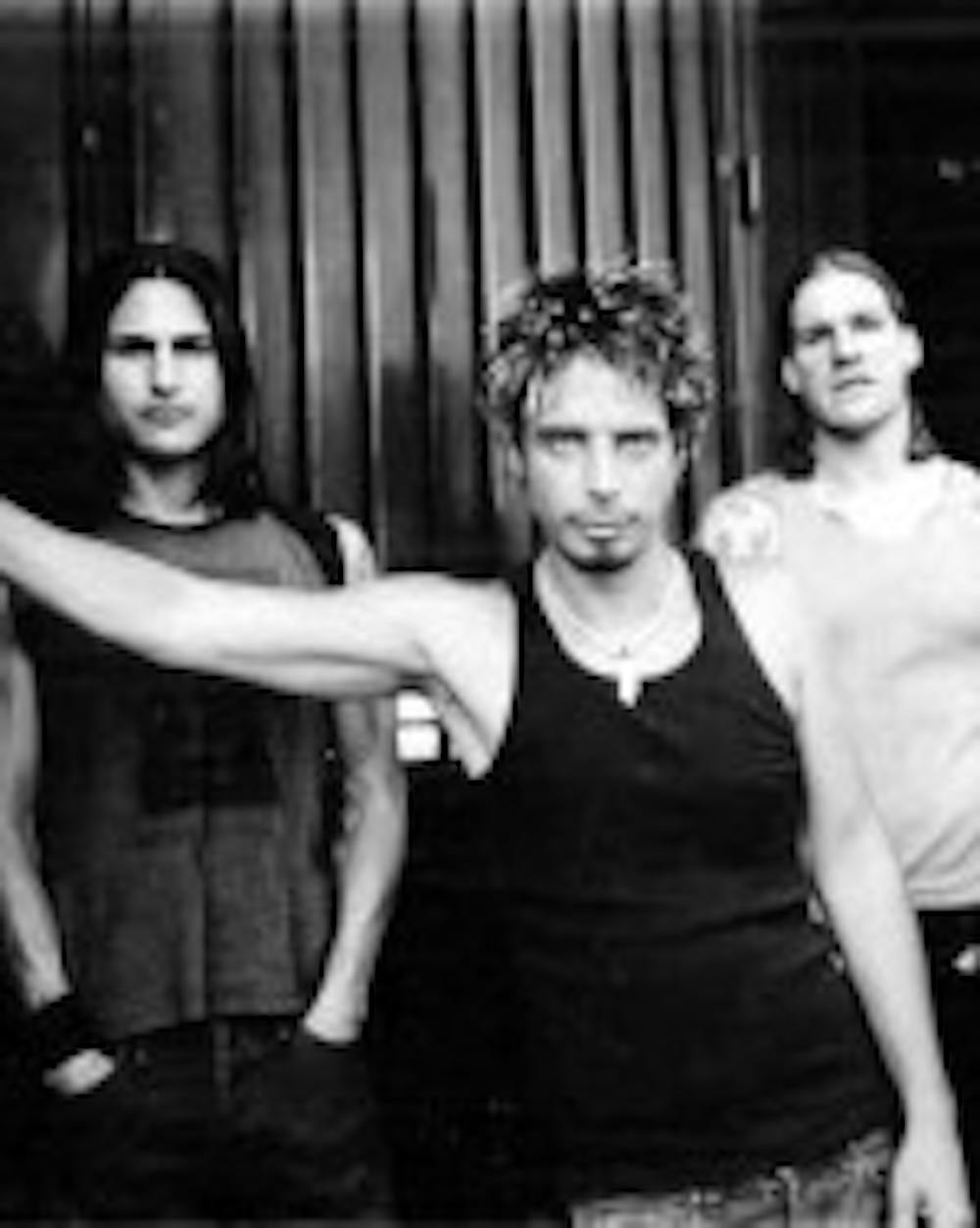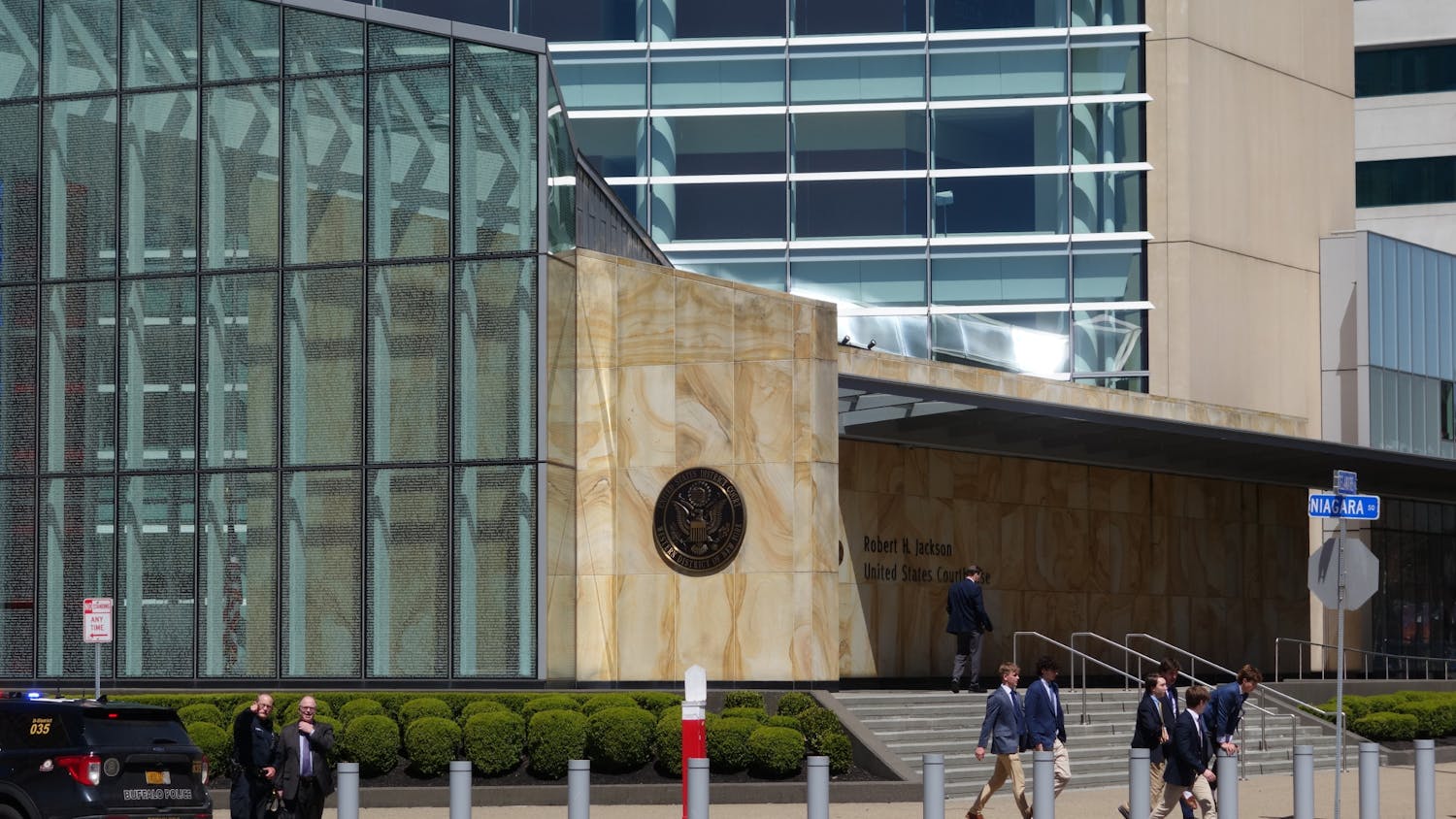Of all the lead singers that emerged from the Seattle grunge scene in the early 1990s, Chris Cornell of Soundgarden had the strongest voice. With vocal chords that ranged from soaring to subtle, listeners knew when he screamed, "I'm gonna break my rusty caaaaaaage!," he meant it. When Cornell shouted, "I don't mind stealing bread from the mouths of decadence!" in Temple of the Dog's "Hunger Strike," it conjured the image of the crazy, little, long-haired grunge rocker smashing open refrigerators and stealing the Wonder bread.
As for subtlety, Cornell's voice had qualities similar to the world-weary fatigue of Kurt Cobain and Eddie Vedder, without sounding suicidal on the quiet tracks. Best heard on Soundgarden's masterpiece, "Fell on Black Days," Cornell is defeated, but alive: "Just when everyday seemed to greet me with a smile/sunspots have faded and now I'm doing time."
His voice has long been missed, and his addition to Audioslave, made up of the members of Rage Against the Machine (minus commie front man Zack de la Rocha) is refreshing news for modern rock.
Audioslave is not a "Rage Garden" or "Sound Against the Machine," although a few tracks, like "Cochise," do tend to sound like a simple blend of the two bands. Fans of Rage Against the Machine know that regardless of de la Rocha's lyrical content, it was Tom Morello's guitars that earned the band its mass appeal. Morello, whose solos are a mix of funk and metal, has the power to create sounds no one ever thought were possible on an electric guitar.
On Audioslave's self-titled debut, Morello's distinctive instrumentation is a double-edged sword. He's great as usual, but in Rage Against the Machine, the lack of a melody in de la Rocha's raps and rants allowed Morello to experiment with the music. In Audioslave, Morello has to compliment Cornell, who sets the melodies for the band. It's a reduced role, and he doesn't quite have the mind-bending solos he had in great Rage tracks like "Know Your Enemy" and "Guerilla Radio."
In fact, the strongest tracks on Audioslave are the slow, low-key numbers that bear little resemblance to any past projects. As their titles imply, songs such as "Like a Stone," "I Am the Highway," and "Getaway Car," have a common, lonely, road-tripping theme, which is perfect for Cornell, whose wistful melodies take control with the help of lyrics that sound as if they were torn from his personal diary. For instance, on "Like a Stone," he croons, "For all that I've blessed/And all that I've wronged/In dreams until my death/I will wander on."
If anything, these songs are reminiscent of Cornell's brief, late-90s solo career. But all things loud, not quiet, define Audioslave's sound, and the band usually has a good grasp of what high-volume tracks should be. "Cochise" and "Show Me How to Live" feature Cornell at his loudest - he sounds like he's having a muscle spasm - and that's a good thing.
But "Audioslave" is not an album that should be listened to all at once. Although veteran music producer Rick Rubin brought out the best of each instrument, overall, the album's loudness blends together. At its worst, "Audioslave" is a dirge, like Soundgarden's last album, and songs like "Bring Em Back Alive" and "Light My Way" are high-volume contradictions; they're loud but have no energy.
Audioslave's band members have their own lengthy musical history. If each part - vocals, guitar, bass and drums - is heard individually, it won't sound as if anyone's breaking new ground. But clearly the band is more than the sum of its parts. No one song easily defines the group, but this musical confusion adds to Audioslave's appeal. The band members are endowed with the talent to produce awesome rock music, and hopefully they'll last long enough to explore what they can accomplish.





